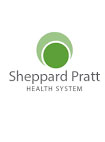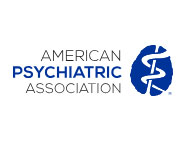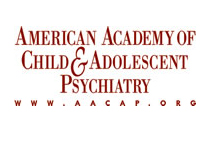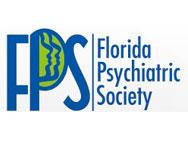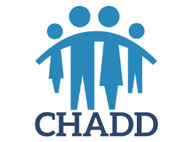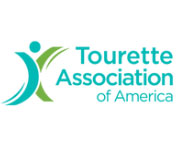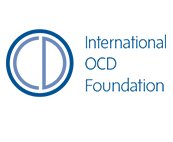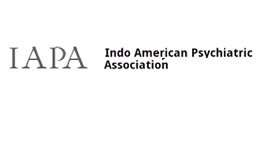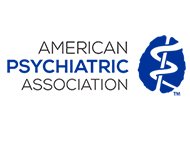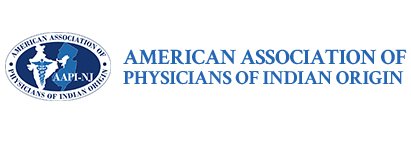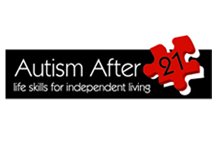Why Mental Health Matters During Pregnancy: A Look at Stress, Support, and Solutions

Pregnancy is often seen as a time of joy and anticipation, but it can also come with unexpected challenges—especially when it comes to mental health. While sitting in a hospital for a routine test, questions about emotional well-being might catch a parent-to-be off guard. Yet, understanding the mental health of expectant mothers is crucial, as it can directly impact both the mother and the baby’s health.
The Rise of Perinatal Depression Awareness
Until recently, mental health was not a major focus of prenatal care. Pregnancy was once thought to shield women from depression and other mental health challenges. But now, health experts recognize that the hormonal, emotional, and social changes during pregnancy can increase the risk of conditions like anxiety and depression. This awareness has led to the term “perinatal depression,” which covers mental health concerns during pregnancy and the months following birth. Studies show that globally, about one in five women experience perinatal depression.
The Impact of Stress on Mother and Baby
Research is uncovering how maternal stress can affect pregnancy. A study led by psychiatrist Robert Freedman revealed that high stress levels among pregnant women can lower the availability of choline, a vital nutrient for fetal brain development. This deficiency can lead to preterm births and increase the baby’s risk of attention and behavior issues. Freedman’s team found that providing choline supplements to pregnant women helped reduce these risks, showing that simple interventions can have a lasting impact.
Stress doesn’t only affect physical health; it also has mental and cognitive consequences for the baby. Elevated stress in mothers has been linked to problems like impaired social and emotional development in children, as well as a higher risk of conditions such as anxiety and depression. According to Katherine Wisner, a specialist in perinatal mental health, “Stress has negative effects on the fetus and can alter brain development in ways that may impact the child’s long-term well-being.”
Addressing Mental Health Gaps in Maternal Care
Despite the importance of maternal mental health, many expectant mothers struggle to find the support they need. In the United States, nearly 70 percent of counties lack adequate maternal mental health services. This gap means that even when women seek help, access is often limited.
Programs like the Massachusetts Child Psychiatry Access Program (MCPAP) for Moms aim to bridge this gap. Founded by Nancy Byatt, a perinatal psychiatrist, MCPAP provides resources and consultations to help healthcare providers better support pregnant and postpartum women. The program’s success has inspired similar initiatives in 30 states, collectively helping cover about 70 percent of births in the country.
Taking Action for Healthier Futures
While researchers continue to explore the effects of stress on pregnancy, there are steps that expectant mothers can take now to reduce stress and protect their mental health. Therapy, medication, and regular mental health screenings are all effective strategies when accessible. Moreover, community support, understanding, and open communication with healthcare providers are key to ensuring that mental health needs are met.
Recognizing the role of mental health in pregnancy isn’t just about the well-being of the mother; it’s about giving the next generation the best start in life. As awareness grows, so too does the opportunity to make a positive impact on families everywhere.
Reference:
Singer, D. (2024, October 9). Can a Mother’s Mental Health Impact a Baby in the Womb? Smithsonian Magazine.
Dr.Kothari is amazing! She has been my doctor for years...
I have been a patient of Dr. Kothari for over three years. She has invested her heart...
Dr. Kothari has been seeing my sons for seven years. She is a wonderful resource...
Dr. Kothari is very caring. Appointments and waiting times are great...
When we started seeing Dr. Kothari, my son was dealing with a great...
Dr. Kothari has saved my life, this I can say without reservation...

 Patient Forms
Patient Forms Videos
Videos Location
Location

